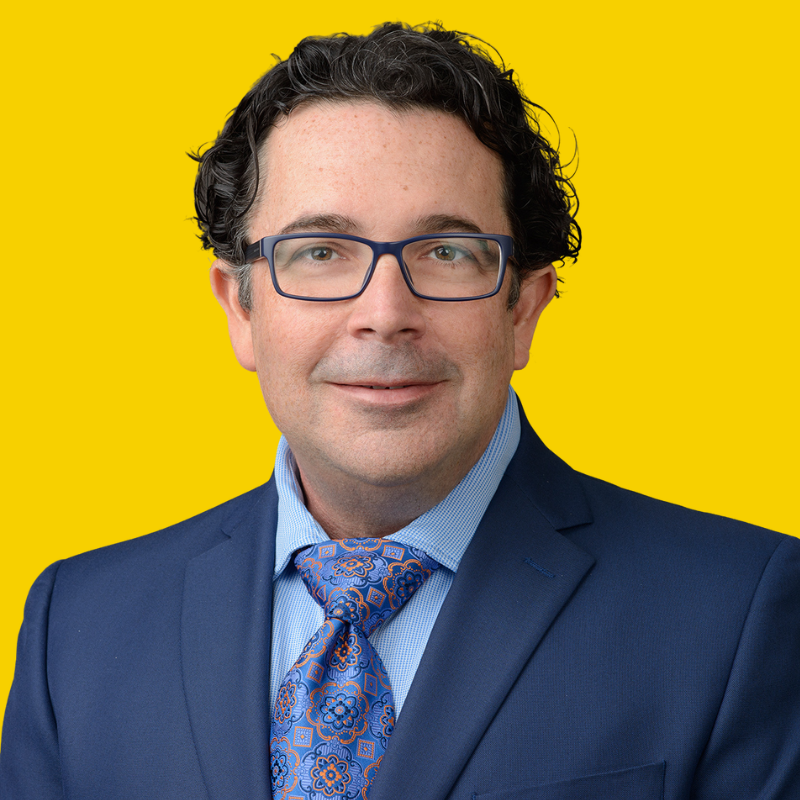Since 1993
Do Prosecutors Have to Prove You KNEW It Was Drugs in Florida? The Answer is Finally Yes.

By: John Guidry
There was a long and chaotic period in Florida’s legal history where you could be convicted of a felony drug crime without the prosecutor ever having to prove that you knew the substance was illegal. This all started with a controversial change in the law back in 2002. It led to a major legal battle between the state and federal courts, with a key decision coming out of a federal court right here in Orlando.
Here is the original story, which created years of legal confusion.
Charged with Drug Possession in Orlando? The State’s burden of proof is higher than you think. After a decade of legal battles, they must now prove you had “guilty knowledge.” Call my office to discuss how this powerful defense applies to your case. Call John Guidry: (407) 423-1117
The 2011 Standoff: When a Federal Judge Declared Florida’s Drug Law Unconstitutional
By now, you’ve heard that a Federal court in Orlando has declared Florida’s drug law unconstitutional (Shelton v. Secretary, Dept. of Corrections, 23 Fla. L. Weekly Fed. D11a (M.D. Fla. July 27, 2011)). The court’s opinion is over 30 pages long, so let me try to explain the situation in a few less words. Here it goes…
In 2002, the Florida legislature decided to amend our drug laws in order to make it easier to convict citizens of drug offenses. It did this by removing an element that requires the prosecutor to prove a defendant “knew” of the illicit or illegal nature of the drug (this element is known as “mens rea” or the “scienter requirement). By removing that knowledge element, Florida became the only state in the country in which a felony drug offense can be proven without the need to prove knowledge! Basically, this means that a Florida citizen can be convicted of Possession of Marijuana or Possession of Cocaine without ever knowing that the substance was illegal.
Without “knowledge” as an element of a drug crime, the statute violates a citizen’s right to due process and is thus unconstitutional (see how I just skipped about 25 pages of analysis?). Another prong of the analysis reasons that, if a crime does not require a “mens rea” element, it is known as a “strict liability” crime. Legislatures are entitled to create crimes lacking a knowledge element creating criminal strict liability, but these crimes must be misdemeanors punishable only up to one year in jail. Thus, it is possible that future courts could declare the statute constitutional, but require that all felony drug charges be punishable as misdemeanors (even trafficking cases…).
It’s important to clarify here that the Shelton decision is from a Federal court. Our Florida courts have already rejected the above arguments, and this rejection can be found in Johnson v. State, 37 So.3d 975 (Fla. 1st DCA 2010).
The Aftermath: A Decade-Long Legal Battle and a Final Answer
The conflict between the federal Shelton decision and the state Johnson decision threw Florida’s drug laws into chaos. In response, the Legislature created an awkward “fix” that shifted the burden of proof, requiring the defendant to prove they lacked knowledge.
Finally, after years of legal battles, the Florida Supreme Court provided a definitive answer. In a landmark case known as State v. Adkins (II) and subsequent rulings, the Court reversed its previous position. They ruled that to secure a drug possession conviction, the prosecutor must prove that the defendant had knowledge of the illicit nature of the substance.
This was a monumental decision. It effectively ended the decade-long experiment with “strict liability” drug felonies and restored the traditional, common-sense requirement that the State must prove a defendant had a guilty mind.
What This Means for Your Drug Case in 2025
This complex legal history has a simple and powerful outcome for anyone charged with drug possession today: “I didn’t know it was illegal” or “I didn’t know it was there” is once again a primary and potent defense. The burden is back where it belongs: on the prosecutor to prove every element of the crime, including your knowledge.
John’s Takeaways
- Guilty Knowledge is Required: After a decade of legal chaos, the Florida Supreme Court has definitively ruled that “guilty knowledge” (mens rea) IS an essential element of any drug possession crime in Florida.
- The Burden is on the Prosecutor: The State Attorney’s Office now has the burden to prove, beyond a reasonable doubt, that you knew the substance you possessed was illegal.
- “Lack of Knowledge” is a Powerful Defense: This ruling makes “I didn’t know” a viable and powerful defense strategy that an experienced attorney can use to challenge the State’s evidence.
- The Law Has Changed Dramatically: Be wary of outdated legal advice. The law on this issue has completely flipped in recent years, and understanding this history is crucial to a modern defense.
I have been defending clients against drug charges in Orange, Seminole, Osceola, Lake, Brevard, and Volusia County since 1993, and I have navigated every twist and turn of this legal battle. If you are facing a possession charge, call my office.

About John Guidry II
John Guidry II is a seasoned criminal defense attorney and founder of the Law Firm of John P. Guidry II, P.A., located in downtown Orlando next to the Orange County Courthouse, where he has practiced for over 30 years. With more than three decades of experience defending clients throughout Central Florida since 1993, Guidry has successfully defended thousands of cases in Orange, Seminole, Osceola, Brevard, Lake, and Volusia counties. He has built a reputation for his strategic approach to criminal defense, focusing on pretrial motions and case dismissals rather than jury trials.
Guidry earned both his Juris Doctorate and Master of Business Administration from St. Louis University in 1993. He is a member of the Florida Bar and the Florida Association of Criminal Defense Lawyers. His practice encompasses the full spectrum of Florida state criminal charges, with a particular emphasis on achieving favorable outcomes through thorough pretrial preparation and motion practice.
Beyond the courtroom, Guidry is a prolific legal educator who has authored over 400 articles on criminal defense topics. He shares his legal expertise through his popular YouTube channel, Instagram, and TikTok accounts, where he has built a substantial following of people eager to learn about the law. His educational content breaks down complex legal concepts into accessible information for the general public.
When not practicing law, Guidry enjoys tennis and pickleball, and loves to travel. Drawing from his background as a former recording studio owner and music video producer in the Orlando area, he brings a creative perspective to his legal practice and continues to apply his passion for video production to his educational content.








